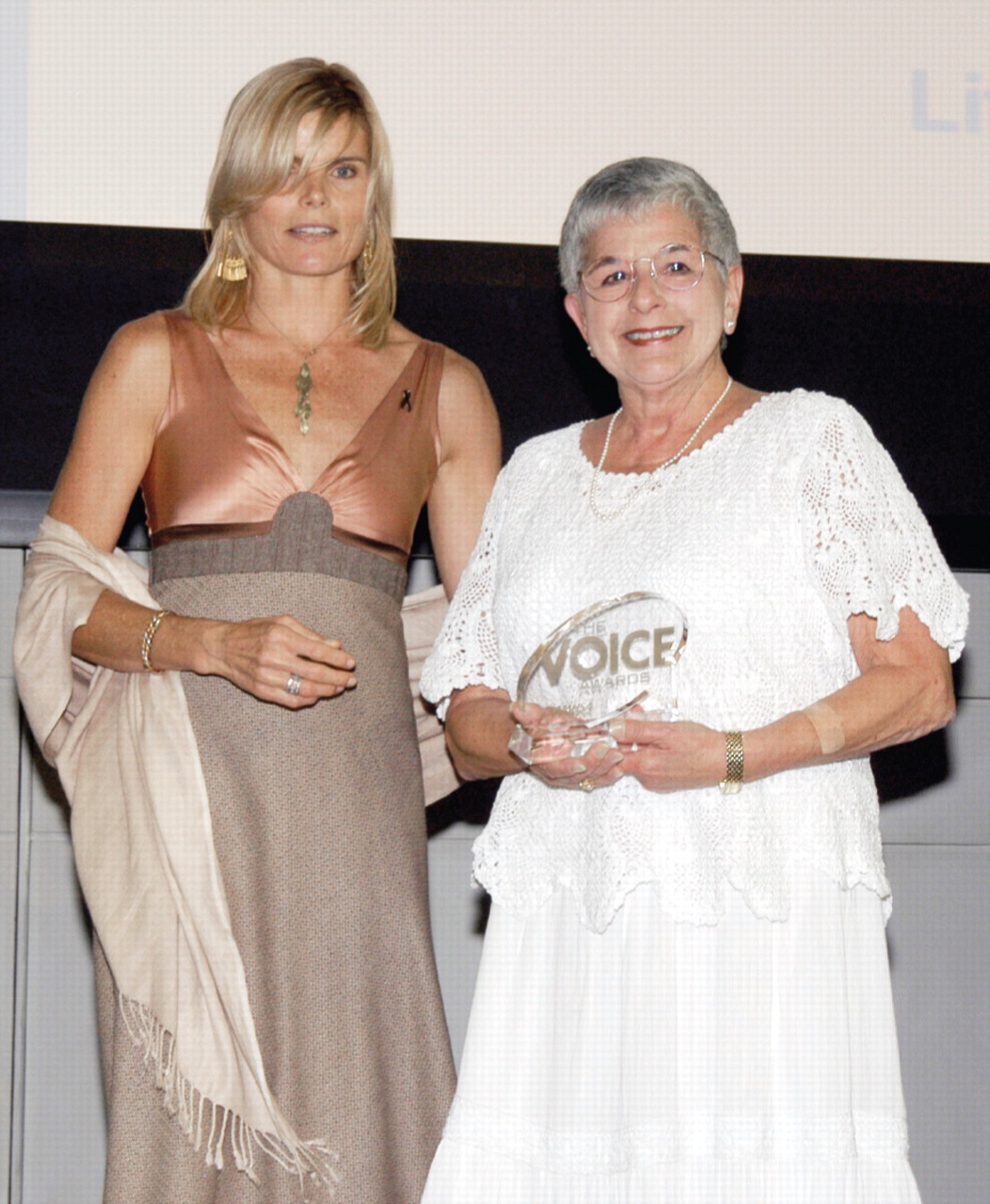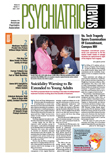For a small cadre of mental health consumers and advocates living in the San Francisco Bay area, early experiences with mental illness were kept close to the vest; many of the details were hidden from friends and family.
But today, the situation is different.
These men and women have since opened up about their experiences—to thousands of people a week, at times—as part of the Stamp Out Stigma (SOS) program, a consumer-driven advocacy and outreach program to educate the public about the realities of living with mental illness.
Program director Carmen Lee established SOS in 1990 to combat the negative myths and stereotypes associated with mental illness. “I wanted to create a more supportive environment” for people with mental illness, Lee told Psychiatric News.
She launched the program with a $10,000 grant from the Zellerbach Family Fund, which she used to give presentations with a couple of other mental health consumers to psychology classes in local community colleges.
Since that time SOS has reached an estimated 75,000 people in Northern California. Her goal? “To put a human face on mental illness,” Lee said.
Together, Lee and the SOS panelists have spoken with a diverse group of audiences, including middle-high, high-school, and college students; medical, nursing, and dental students; suicide-hotline volunteers; members of civic clubs; police and fire departments; and the public through television and radio talk shows.
Panelists discuss their experiences with mental illness, treatment, and recovery and answer questions about mental health issues.
Lee has lived with major depression for a significant period of her life and was once hospitalized for a five-year stretch in the late 1950s. Much of that time, she said, she was catatonic.
When her daughter, Tina, was still small, Lee decided to commit suicide.“ I felt like the world was closing in on me,” she recalled. One snowy December day, she swam out to the middle of a lake. “I knew that if I swam to a certain point, I'd never be able to swim back,” she said. Her mother-in-law called the police, and Lee was rescued by a motorboat. An eight-month hospitalization followed.
Lee is no stranger to the stigma surrounding mental illness. Family members noted that she was educated and had been “raised well,” and thus they had a hard time understanding her struggles. “They blamed my illness on weak will,” she noted.
Lee worked at a number of jobs while ill, including selling real estate and managing a department store, but said she couldn't keep them because of her symptoms.
However, launching the SOS program with other mental health consumers was an essential part of her recovery, she noted.
The same is true for SOS panelist Jay McDonald, 51, from San Carlos, Calif.
“I think SOS has helped a lot of people understand mental illness much better, and I know it has helped me,” he told Psychiatric News. McDonald said he spent a lot of time isolating himself when he was experiencing severe symptoms of depression, anxiety, and social phobia but that it has been helpful to tell his story to others and help others to understand that “people with mental illness are not the monsters you see on TV.”
SOS panelist Greg Wild tells audiences about Y2K, the year that he“ hit bottom” and then turned his life around again.
After experiencing several bouts of serious depression, Wild lost his business as an accountant and filed for bankruptcy, and the bank fore-closed on his home. In 2000, when it became clear that he'd have to go to a homeless shelter, he went to the train station to get there and stood by the tracks, contemplating suicide. “I came very close to jumping in front of a train,” he said.
But after spending a month in the shelter, he found transitional housing with a Shelter Plus certificate from the Department of Housing and Urban Development, found work, and met his current wife through a psychiatric rehabilitation class.
In that class, Wild also learned about the SOS program and began speaking about his experiences with depression for the first time. “Speaking with SOS has been good medicine for me—it's helped me to place what happened to me into perspective.”
The program has also helped panelist Ina Pottorff, 47, who lives in Foster City, Calif., to understand her experiences with mental illness over the years by relaying her story to others.
Pottorff described herself as a moody teenager who was misdiagnosed with depression as an adult.
When she was finally diagnosed with bipolar disorder and treated with a combination of medicines, she began to become more stable.
Throughout her life, Pottorff has been no stranger to stigma. For instance, during one of her first encounters with psychiatric emergency services at a county hospital in California, an intake nurse asked her about her educational level. Pottorff truthfully replied that she had a master's degree in criminology, and when asked about work, she told the nurse that she'd worked for the National Park Service and had been stationed at the White House.
The nurse turned around and scribbled on her chart, speaking aloud as she did, according to Pottorff.
“Thinks she was a tour guide at the White House. Is delusional,” the nurse said, and took steps to have the baffled patient committed to the hospital involuntarily.
Said Pottorff, “I protested and told the nurse that I was telling the truth—that I'd show them my plaques and awards at home,” but the nurse wouldn't hear of it.
These days she relays this story to audiences and usually gets a chuckle. But she also gets much more from her audiences.
“For years I thought I was the only one who was sick, who felt isolated, who couldn't get along with other people, and who could barely function,” she told Psychiatric News. “Through SOS, I have learned that I am not alone.”
More information about Stamp Out Stigma is posted at<www.stampoutstigma.org>.▪

